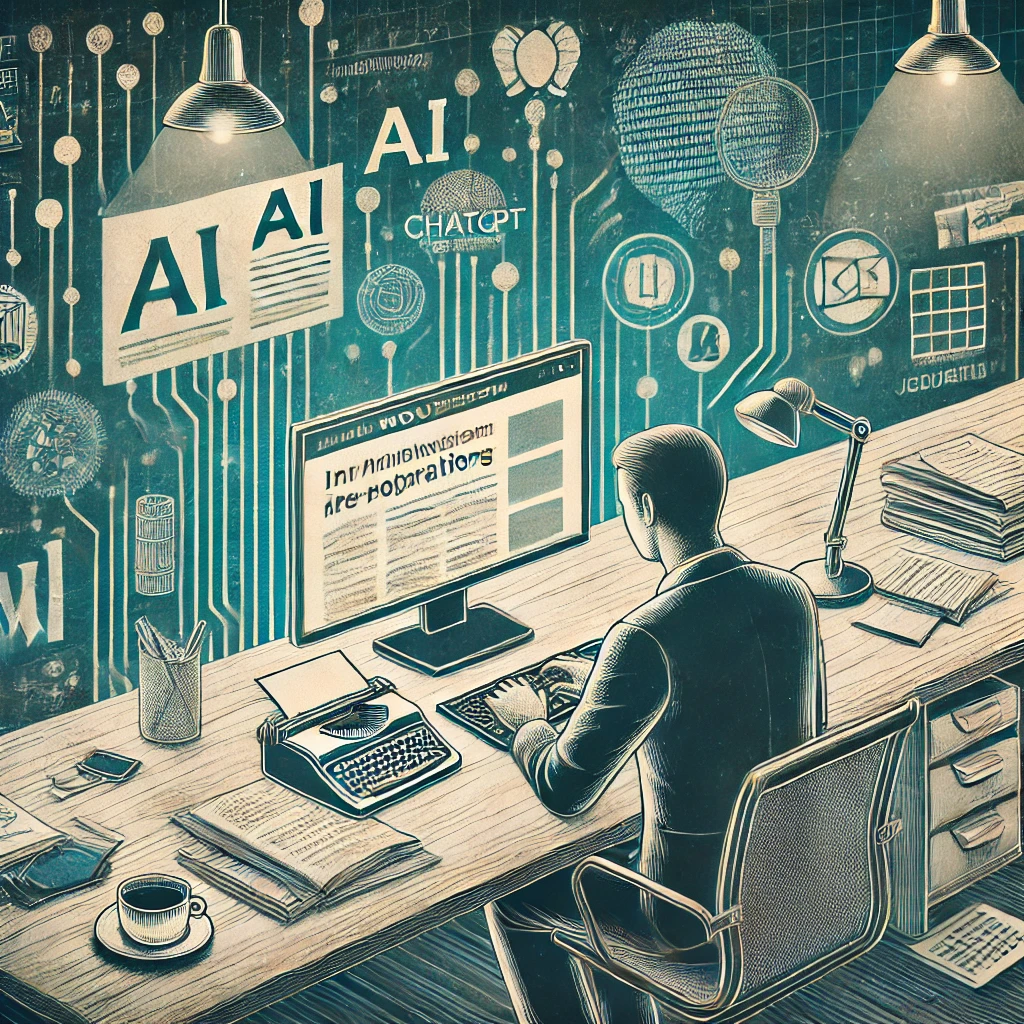The Cody Enterprise Scandal & the Journalistic Ethical Challenges Ahead

AI’s impact on various industries is huge, and journalism is no different. Using AI in newsrooms changes how news is gathered, crafted, and consumed. A recent study found that about 34% of Danish journalists use ChatGPT, while 64% have interacted with it.
But recent events show the ups and downs of this tech revolution.
In August 2024, a small-town newspaper in Wyoming found itself in a bit of a pickle when a reporter at the Cody Enterprise got caught using AI to make up fake quotes and spice up news stories with bogus statements from the state governor. It’s a big wake-up call about the whole AI situation in newsrooms, reminding us that we really need to keep a close eye on these tools and set some solid ethical rules as we all figure out this new era.
Key Ways AI is Shaping Journalism
1. Automating Everyday Tasks
AI can help with stuff like transcribing and analyzing data, but that Wyoming thing showed how tricky it can be to rely too much on AI for creating content. Newsrooms that play it safe, like The Associated Press, use AI to give reporters more time for the tough stuff, but they’re strict about not using fancy AI for things they actually publish.
2. Improved Research and Data Analysis
AI tools are great at sorting through data and uncovering interesting patterns. Let’s not forget the Cody Enterprise story – these tools should complement human journalism and not replace the need for solid reporting and fact-checking.
3. AI-Assisted Content Creation
AI-generated content is pretty tempting for newsrooms on a tight budget. But hey, that Wyoming situation? Yeah, it’s a solid reminder that human oversight is critical. AI can give suggestions or draft stuff, but let’s not forget the importance of editorial judgment.
4. Fighting Misinformation
AI tools like ChatGPT can be used to spread misinformation, but they’re also important for catching it. It’s a constant battle to stay on top in this tech race.
5. Ethical Challenges and Public Trust
The Cody Enterprise scandal shows how AI could mess up trust in journalism if it’s not used correctly. Keeping things transparent about AI and solid ethical rules are crucial for newsrooms. Organizations are working on setting up guidelines to handle these ethical issues.
The Road Ahead
The future of journalism will likely involve an even deeper integration of AI, with human journalists and AI working together. However, as the case in Wyoming demonstrates, the ethical implications of AI in newsrooms cannot be overlooked. Transparency, accountability, and responsible use of AI will be vital in shaping a future where technology enhances rather than diminishes the role of journalism.
In his apology, Chris Bacon, editor of the Cody Enterprise, said, “It doesn’t matter that the false quotes were the apparent error of a hurried rookie reporter who trusted AI. It was my job.” This sentiment underscores the ongoing need for solid editorial oversight in the age of AI.
As we move forward, the journalism industry must grapple with harnessing the power of AI tools like ChatGPT while preserving the core values of accuracy, integrity, and human judgment that are the bedrock of trusted journalism.
Credit: Thanks to AI tools for helping me to edit, fact-check, and refine my writing. You are my new copy editors!
Credit: ChatGPT, Monica, Claude, Gemini, and Grammarly for helping to research, edit, and fact-check this article

Leave a Reply